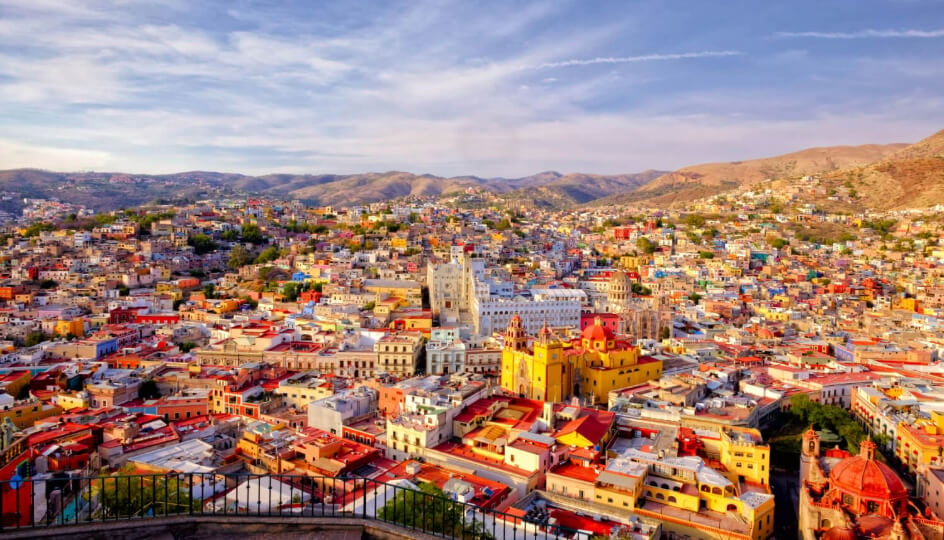Mexico: business opportunities amid the complexity

Mexico is considered an attractive and competitive destination for investors at an international level. This is largely thanks to its political and macroeconomic stability, the size and strength of its market and its international trade treaties.
In recent years, Mexico has emerged as a leading manufacturing economy, where it produces a variety of key exports. These include electronics, vehicles and auto parts, as well as petroleum and agricultural products.
According to The World Bank, Mexico currently stands among the 15 largest economies in the world (the second largest economy in Latin America).
Drivers of complexity
However, despite all the signs of a thriving and growing economy, doing business in Mexico can be a complex and time-consuming task – especially without a good understanding of the local regulations and policies.
The Covid-19 pandemic played a significant part in amplifying Mexico’s complexity issues. In our Global Business Complex Index 2020, Mexico was ranked as the 13th most complex place to do business. In 2021, as the effects of the pandemic were felt throughout the business world, Mexico had climbed a surprising 10 places on the list to number three.
One of the major drivers of this increase in complexity can be attributed to the requirements for in-person interactions with the state and a reliance on hard-copy documents to incorporate a business. With Covid restrictions in place, the process for incorporating a business became a slow and drawn-out process.
As an example, for foreign businesses to incorporate, Mexico requires that documents are provided in hard copy and need to be notarised in their country of origin. This means, for instance, that businesses coming from the US must send the required documentation back to the US to be notarised, before being returned to Mexico. Prior to the pandemic, this process would take around a week. In light of the crisis, this process has been known to take over a month. However, recent reports suggest that this bottleneck is easing again.
Signs of improvement
This year, as the effects of the pandemic start to ease, our Global Business Complexity Index 2022 shows that Mexico has improved its stance in the business world, but only slightly. Mexico dropped just a single spot on the list of most complex jurisdictions and is now considered the fourth most challenging destination to do business.
The next few years will shed more light on just how much of an impact the pandemic had on doing business in Mexico. As we begin to emerge into a post-Covid-19 world and the effects of the pandemic begin to soften in the jurisdiction, the process of incorporating a business should become simpler over the next year and beyond.
However, it remains to be seen how this return to a more ‘normal’ business world will affect Mexico’s standing in the list of most complex places to do business. Will Mexico be able to drop out of the top 10? And if so, what does the future of doing business in Mexico look like?
Sign up for our Mexico webinar
We will explore these questions and more on our upcoming webinar on September 7th: ‘Doing business in Mexico – overcoming the complexity’.
Join us as our colleagues here at TMF Group, Mike Morroni and Monica Vera, invite a set of special guest speakers who will discuss the complexity of doing business in Mexico.
Click here to register for the event.




